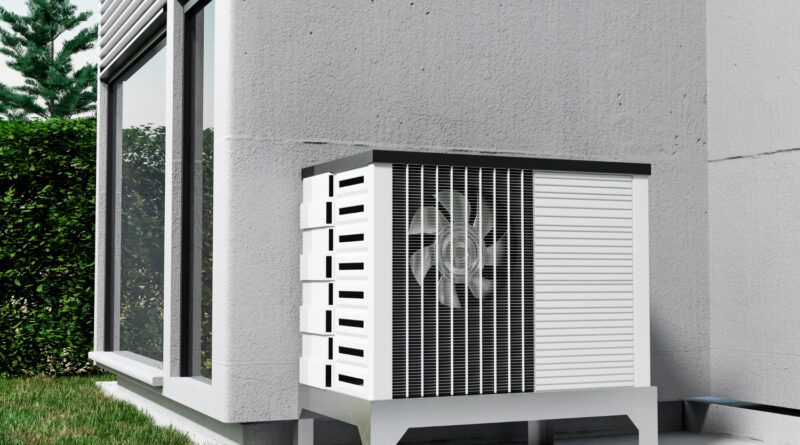How to heat the water in the swimming pool as fast as possible: heat pump, electric and solar heating
Pool water heating is an affordable and easy solution that can extend the swimming season by weeks to months. Let’s take a look at the different heating options and the differences between them.
How to heat water in a swimming pool
The most common ways of heating water in a swimming pool can be divided into the following:
- Solar pool heater
- Heat pump for the pool
- Electric pool heater
How does solar water heating work in a pool?
Solar heating is very efficient and probably the fastest way to heat water in a pool. At the same time, it doesn’t cost you anything more than the purchase price. There are several options on the market, and the most common are solar panels and solar sails. Although both use sunlight to heat water, the principle is slightly different.
Pool solar panels
Solar pool panels can heat up to 10 °C of pool water under optimal conditions. It works by connecting to the pool filter and using a heat pump to pump cold water from the pool into it. Water from the pool flows through narrow tubes and heats up, and then goes back into the pool. Of course, the speed and efficiency of heating depends on sunlight, but there are other factors, such as the size of the panel. The size of the solar panel for the swimming pool should correspond to the size of the swimming pool, so the larger the swimming pool, the larger the solar panel should be.
Pool solar screens
Pool solar screen is not as efficient. It will heat up the water in the pool only by 3 to 5 °C. But its advantage is that it protects the pool from dirt and prevents the formation of algae. In addition, its purchase price is very favourable. The disadvantage of solar heating is that it is not possible to regulate the temperature of the water. And of course, it depends on sunlight. So if there is a longer period of time when the sun is not shining, the pool will not get too hot.
Heat pump for swimming pool
Another option to heat water in a pool is to use a water/air heat pump. For this type of water heater, the energy source is air. The heat pump will operate at temperatures as low as 7 °C, but the ideal temperature is at least 15 °C. So like solar heating, it’s a seasonal thing.
Otherwise, the heat pump is very efficient and economical, producing the vast majority of the heat for free. The pump uses electricity to run, but it can generate up to six times as much heat. The advantage is also that the resulting water temperature can be regulated and, in case of overheating, the pump can also be used to cool the water in the pool.
Electric pool heating
The electric pool heating will ensure a year-round swim in a warm pool. This equipment is the only one that works regardless of weather and temperature conditions. But it’s also the least expensive option, so it’s really only worth it for those who want to enjoy the pool in the colder months.
How to minimise heat loss and cool water
The water in the pool cools relatively quickly, especially at night when the ambient temperature drops or when there is a strong wind. Thus, it is worth protecting the pool from unnecessary cooling and heat loss. An effective solution is to cover the pool, which also protects the pool from pollution.
What is the fastest and cheapest way to heat a pool?
- The cheapest pool heater is probably solar, since it costs nothing to run it. Under ideal conditions and with enough sunlight, solar panels are also the fastest way to heat a pool.
- The second is the heat pump, which has the advantage of stable heating independent of sunlight. So even though it is a little expensive to run, it gives you confidence and the ability to regulate the water temperature.
- Electric pool heating is the most expensive and more suitable for those who want to use the pool the whole year.

